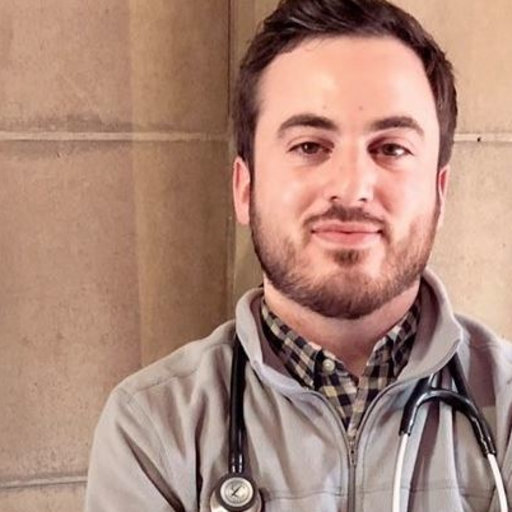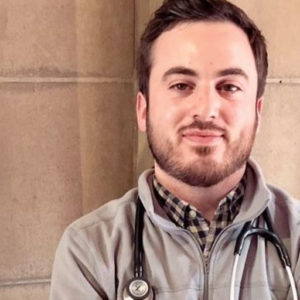
Presenter: Benjamin Gordon
Mentor: Jan Kitajewski, PhD
Breast cancer is the second leading cause of cancer-related mortality in women. The primary tumor doesn’t normally cause death, but the spread of the disease does. Up to 20% of breast cancer diagnoses are triple negative breast cancer (TNBC), and the five-year survival rate for the disease in its late stages is as low as 11%.
TNBC is unresponsive to hormonal and targeted therapies of other types of breast cancer. Surgery and adjuvant chemotherapy are effective treatment options for the disease’s early stages, but there are very few therapeutic options for the spread of TNBC in its late stages. For metastasis to occur, circulating tumor cells (CTCs) must cross the endothelial barrier twice: first to migrate away from the primary tumor and enter systemic circulation (intravasation), and then to exit circulation to colonize other tissues (extravasation). Understanding the mechanisms of tumor-endothelial interactions during metastasis may provide avenues to develop novel therapeutic agents to help patients with metastatic breast cancer.
Gordon and his colleagues are currently exploring the role of Jagged-1 (Jag1), a Serrate class Notch ligand, in the metastatic process. Jag1 is expressed in many human TNBC cell lines and its expression is associated with a worse prognosis in the clinic. The laboratory’s preliminary data suggest that Jag1 presented on tumor cells promotes extravasation behavior, particularly TNBC binding to endothelium and subsequent transendothelial migration (TEM). A hypothesis has been developed where the tumor derived Jag1 is necessary to activate signaling in either tumor or endothelial cells to permit extravasation phenotypes and, by extension, metastasis. Studies conducted in the Kitajewski laboratory have blocked Jag1 function using two methods: Jag1-specific Notch decoys and Jag1 deletion via CRISPR/Ca9.
“I am sincerely honored and ecstatic to have been recognized by the UI Cancer Center for my work. Not only is it a nice recognition from the scientific faculty, but it also means a lot to know my digital narration resonated well with the patient advocate judges. Ultimately, scientific communication and dialogue is so vitally important today with all the mistrust and misinformation in biomedicine. Scientific communication is in line with the UI Cancer Center’s motto, “From Bench to Community.”
“My ultimate goal as a physician scientist is to not only help translate meaningful discoveries into the clinic, but to also convey science to the public in an understandable and meaningful way. When explaining my research in my poster, for instance, I described CRISPR/Cas9 in everyday terms. I described guideRNAs as “genomic tour guides” and Cas9 as molecular “scissors”. Moreover, I explained Notch-blocking decoys – which nonproductively bind Notch receptors and prevent Notch signaling – as “mittens that are so tight on your hands, it is impossible to get anything done.”

Benjamin Gordon
Share on facebook
Facebook
Share on twitter
Twitter
Share on linkedin
LinkedIn
